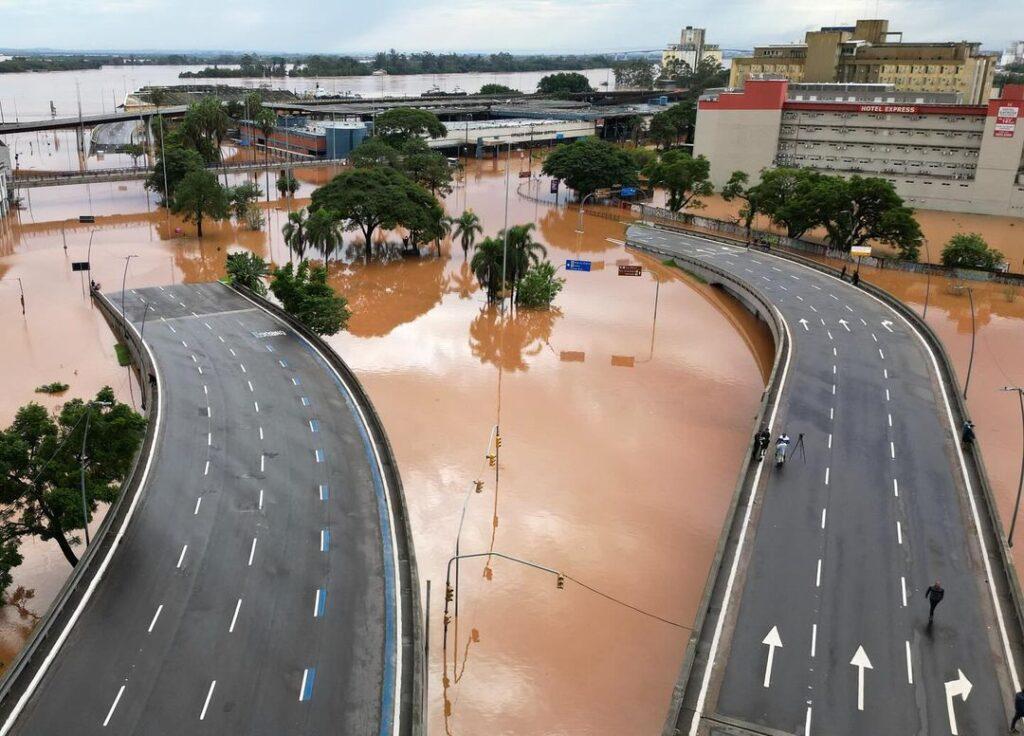Building alternatives for a world in crisis

Two elements characterize the multiple global crises we have experienced in recent decades, such as the environmental catastrophe, the migration crisis, and the armed conflicts. Firstly, they all express the structural crisis of the capitalist system—structural, because capitalism is incapable of solving these crises without denying its own nature. It is not possible to tackle climate change, for example, without rethinking the model of production and consumption. The second common characteristic is a permanent cycle of innocuous proposals that suspends debates, projections, or alternatives for a future beyond the capitalist framework. Confronting these two elements is precisely the aim of the Dilemmas of Humanity: perspectives for social transformation conference, which will take place between April 7 and 10 at Sesc Pompéia in São Paulo.
The gathering will bring together critical thinkers from around the world, especially from the Global South, to reflect on the crises and transformations that the global economy and society have undergone in recent decades. The initiative stems from the Third Dilemmas of Humanity Conference, organized by the International Peoples' Assembly (IPA) in Johannesburg, South Africa, in 2023. The first two editions took place in Brazil in 2004 and 2015. These historic conferences have served as platforms for uniting social movements, intellectuals and political leaders around a common project: building alternatives to the hegemonic model that perpetuates global inequalities and injustices.
The issue of climate catastrophe deserves special attention, both because of the ineffectiveness of proposals such as carbon credits and because of the inability of global governance to comply with its own multilateral agreements. As there is a lack of effective action, the exploitation of nature's common goods—such as mineral, energy and agricultural resources—is increasing, enriching a minority of large corporations and rich countries, while impoverishing the majority of countries in the Global South. It is also these communities, which have been most robbed of their resources, that are suffering most from the effects of climate change. The same large-scale extraction model and lack of sovereignty is repeated in relation to data and digital resources, especially in the race for so-called artificial intelligence and the power of Big Tech. The concentration of technological power in the hands of a few global corporations puts the autonomy of states and the privacy of citizens at risk, while deepening the economic dependence of peripheral countries.
Another consequence of the international division of labour, which concentrates knowledge and technology in the Global North and primary exploitation in the South, is the deindustrialization and inability of the poorest countries to build a sovereign and autonomous path to development. Financial mechanisms—such as trade sanctions, the dollar and the SWIFT system—are also used as tools to control and maintain these countries’ dependence. This dynamic perpetuates a vicious cycle of underdevelopment, where entire nations are prevented from reaching their full economic and social potential, while global elites benefit from exploiting natural and human resources.
At the same time as these crises, geopolitical transformations have resulted in a greater role for countries in the Global South, such as the emergence of BRICS and the construction of regional alternatives—whether commercial or politico-military, as seen in the countries of the African Sahel. This condition opens up a window of opportunity not only to diagnose and reflect on these crises, but to build alternatives that form a political agenda that effectively transforms the living conditions of the poorest and most affected populations. The rise of new global players and the formation of strategic alliances between Global South countries represent a counterpoint to the unilateralism of traditional powers, pointing to the possibility of a multipolar and more balanced world.
By bringing together economists and leaders of grassroots organizations, the Dilemmas of Humanity conference aims to unblock the discussion on the future, understanding that the solutions of the past are no longer enough to deal with contemporary contradictions. A new production model is needed, one that develops the productive forces and combats underdevelopment, inequality and climate change.
The meeting is therefore an urgent and necessary space to rethink humanity's paths in the face of challenges that transcend national borders and demand collective responses. The complexity of the current crises demands not only accurate diagnoses, but also the construction of viable and inclusive alternatives that put the needs of the majority at the center of political and economic decisions. The participation of thinkers and activists from the Global South is fundamental in this process, as it is these regions that carry the historical weight of inequalities and, at the same time, emerge as protagonists in the pursuit of a fairer and more sustainable future.
Finally, the event is not limited to a theoretical exercise, but seeks to be a catalyst for concrete action. The articulation between social movements, intellectuals and political leaders can pave the way for a profound social transformation that overcomes the limitations of capitalism and builds a new development paradigm. Dilemmas of Humanity is, thus, a call to action and hope—an invitation for humanity to confront its challenges with courage and creativity, in pursuit of a world where social justice and sustainability are fundamental pillars.
*Miguel Enrique Stédile holds a PhD in History from the Federal University of Rio Grande do Sul (UFRGS) and is a coordinator of the Tricontinental: Institute for Social Research.